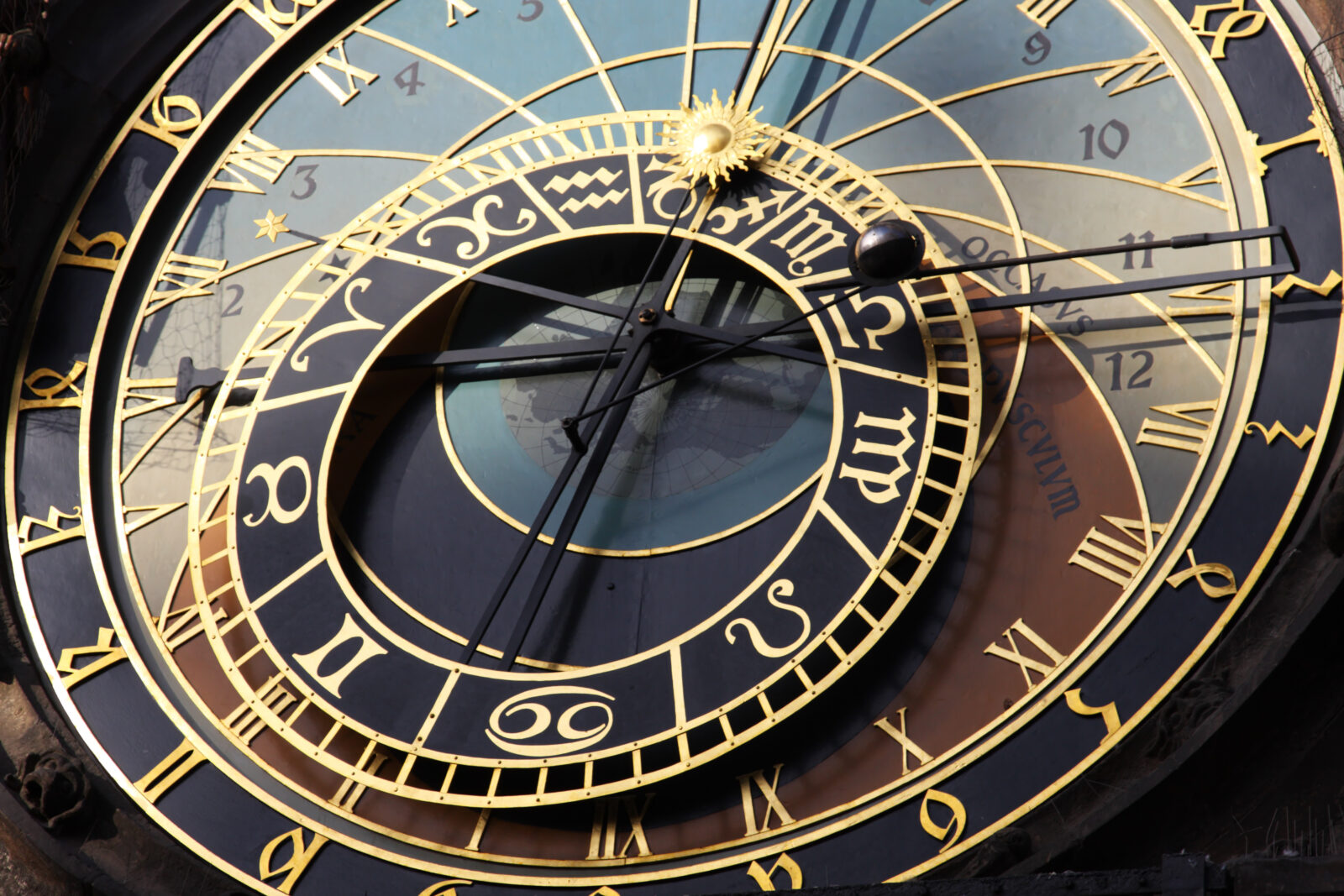


Carl Sagan Wrong about “Pale Blue Dot,” Says Astrobiologist

Stephen Meyer: Evidence of Mind in The Natural World
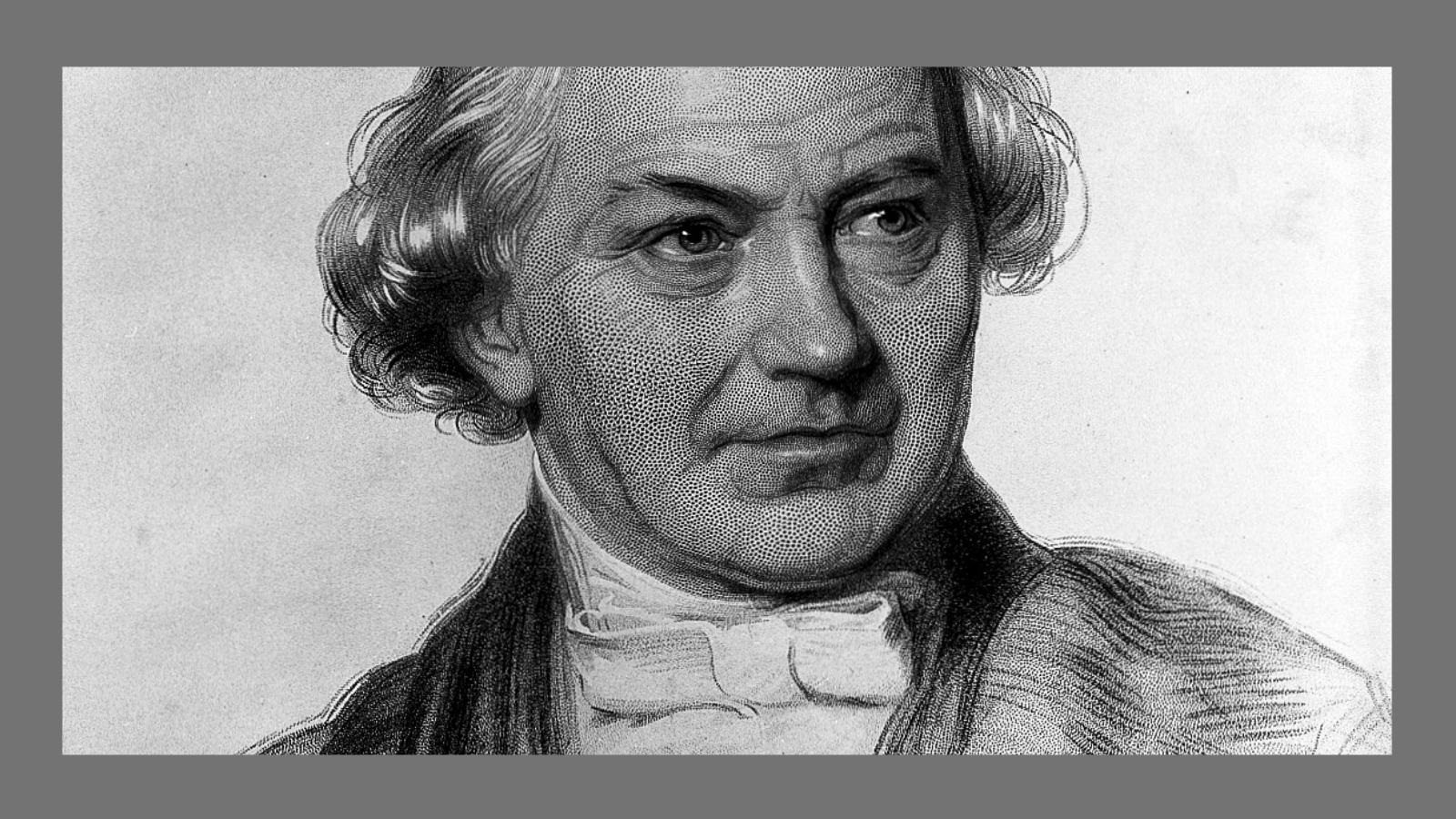
William Whewell: Statesman of Science
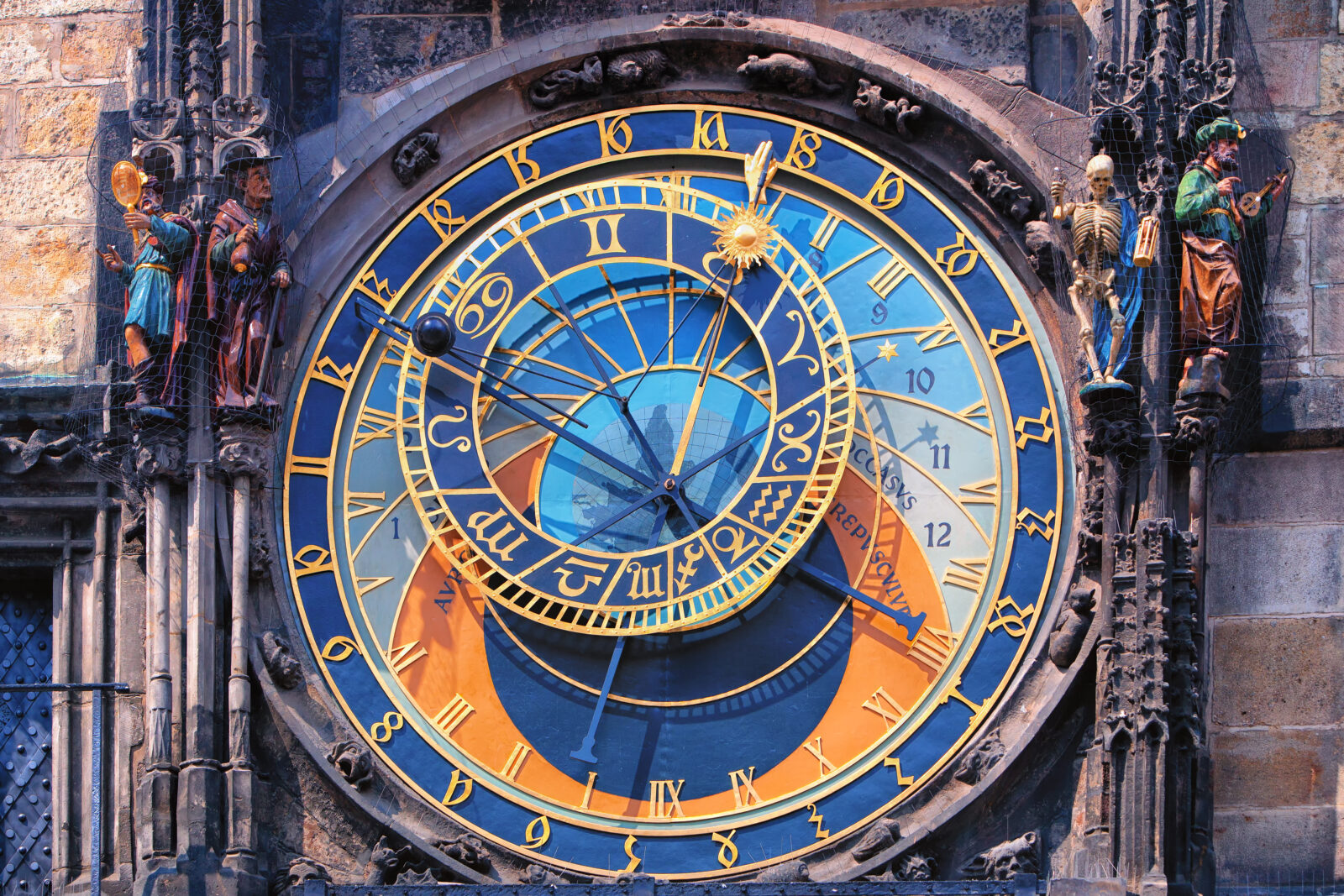
When Natural and Super-Natural Explanations Work Hand in Hand
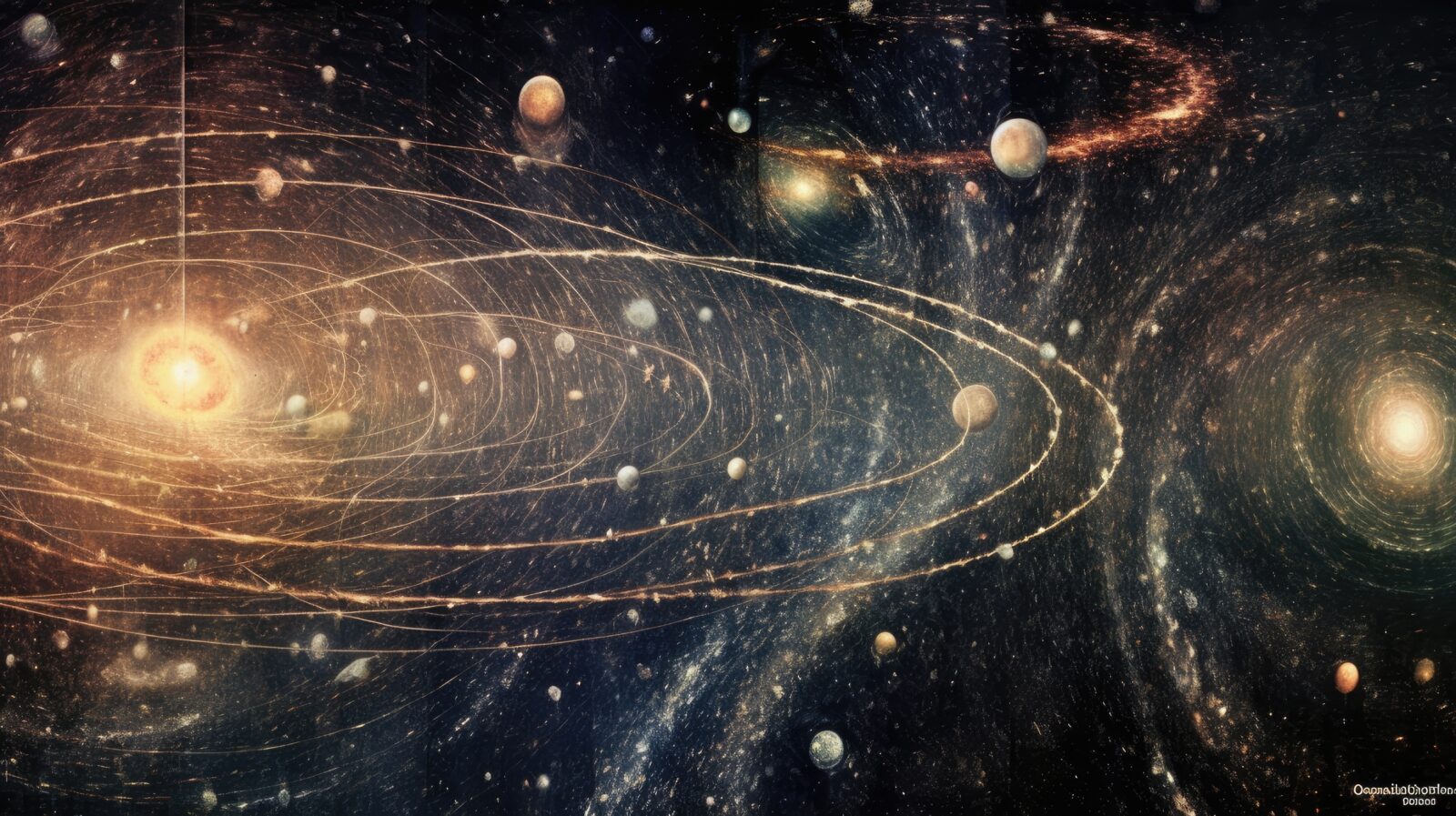
Uncovering the Hidden Mathematical Structure of the Universe
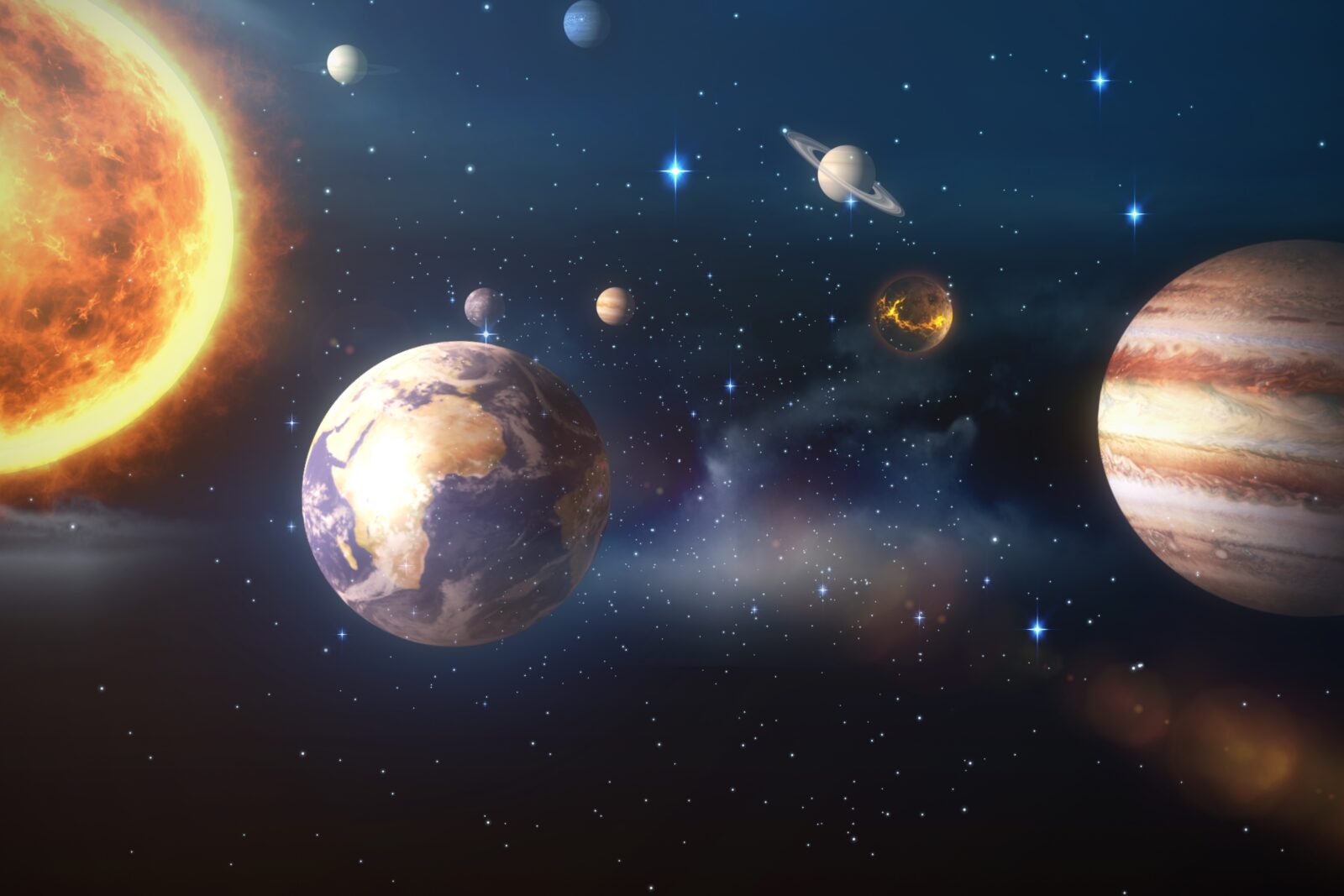
Kepler’s Pursuit of a Mathematical Cosmology
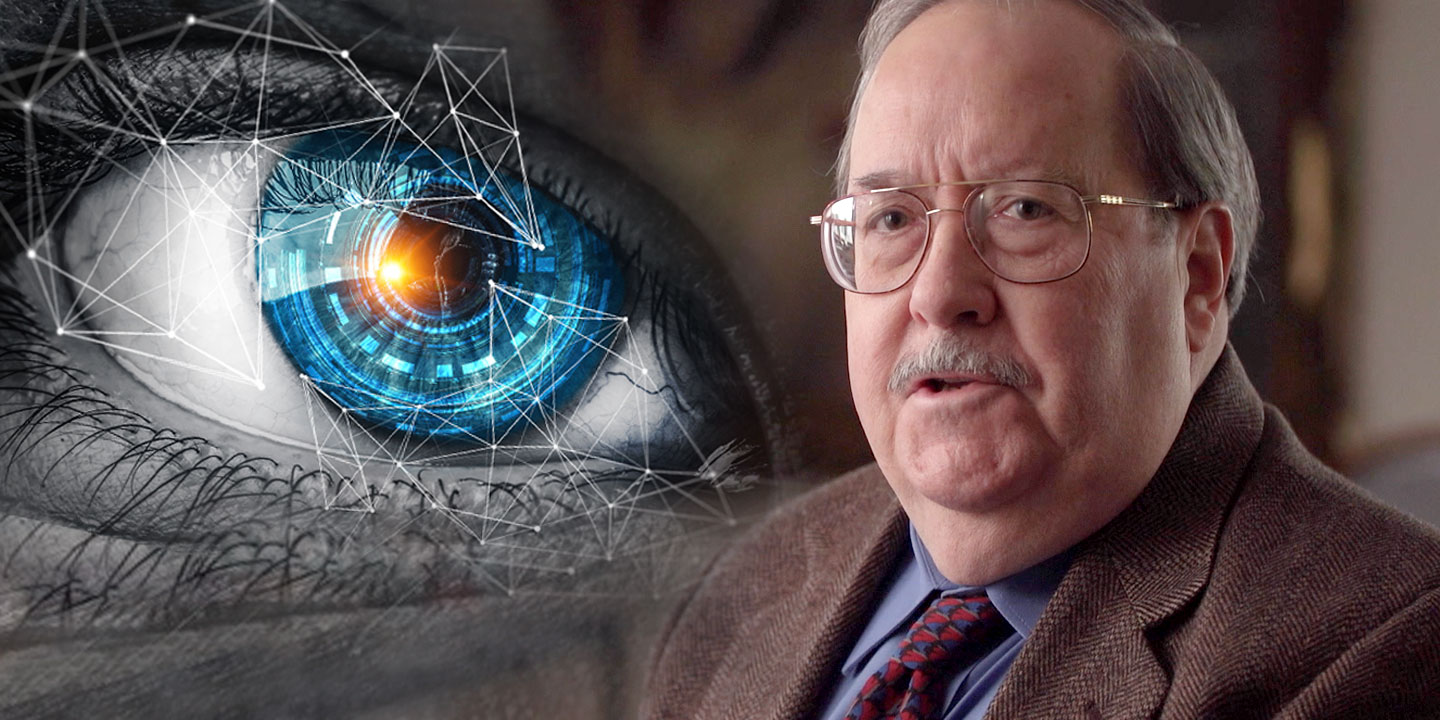
Jonathan Wells Evaluates Darwinian Evolution in New Online Course
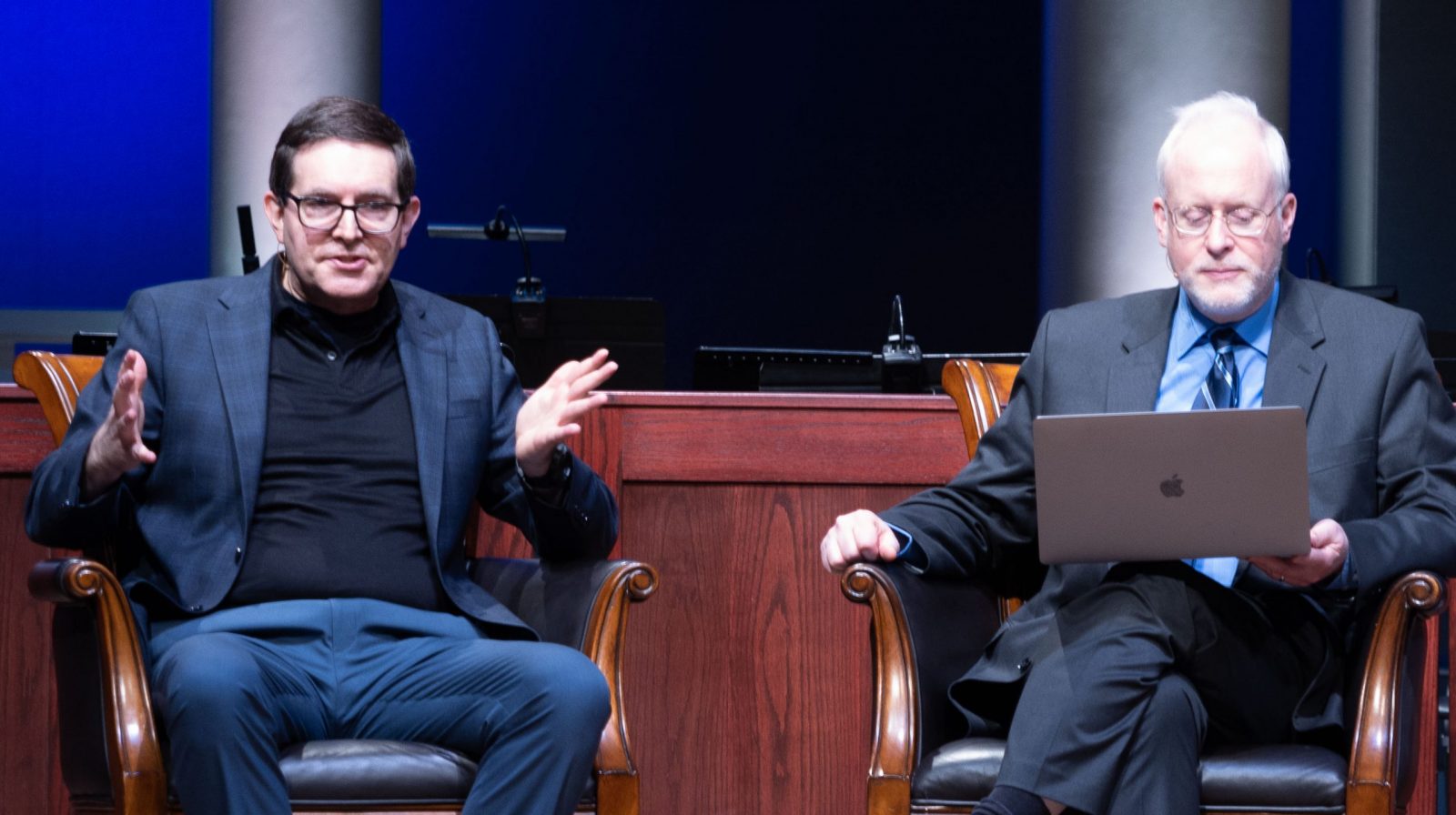
Brian Miller Q&A: Engineering in Biology, and THE Engineer
On today’s ID the Future, host John West sits down with physicist and engineer Brian Miller to pitch him questions submitted at the Dallas Conference on Science and Faith. Is the Bible against the pursuit of knowledge about the natural world, or for it? Are microevolutionary changes in various organisms consistently driven by random mutations and natural selection, or instead, are some made possible by pre-programming in the organism, programming that gives the organism a built-in flexibility to adapt to its environment, within limits? If living systems were deliberately engineered, how good of an engineer was the engineer behind living systems? And if so, what are the implications for the evolution/design debate? Also, what do engineering insights regarding optimization processes tell us about unguided evolution’s ability (or inability) to generate macroevolutionary change? Tune in as Miller answers these and other questions.
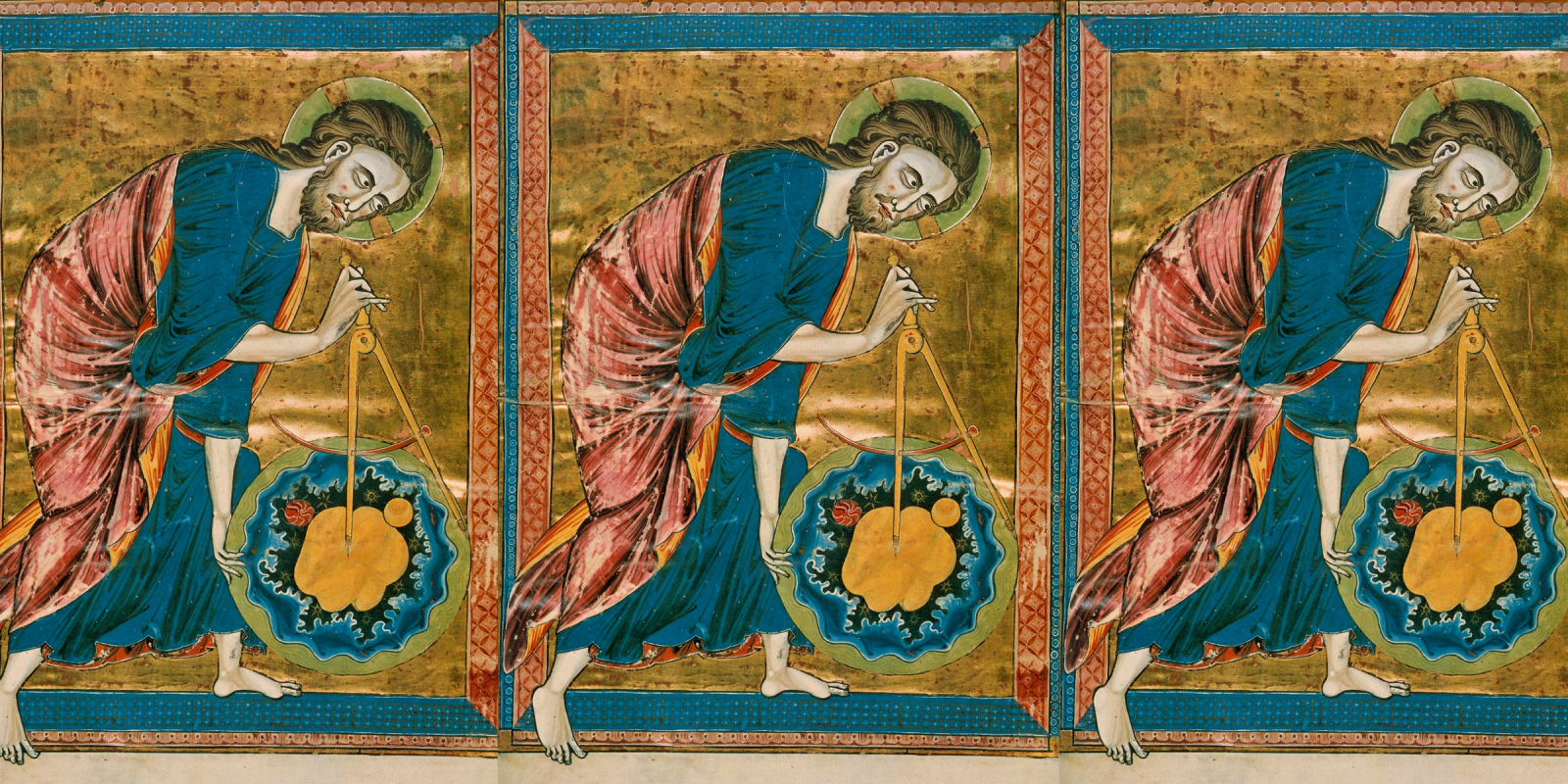
William Dembski on Scientism, Science, and Christian Faith
On today’s ID the Future, philosopher William Dembski and host Casey Luskin explore the relationship between science and faith. What is science? What is faith? How does Christianity define faith? Dembski explains that faith in the Judeo-Christian tradition is not the opposite of reason; at the same time, faith possesses a relational component—trust in a just, gracious, and reasonable God—that goes beyond mere assent to propositions. As for science, Dembski describes it as a careful search for truths about the natural world, including truths about key elements such as the birth of our fine-tuned universe and the origin of living things. Dembski says that he is convinced that scientific discoveries, unshackled from atheistic blinders, point strongly to intelligent design as the best explanation for life and the universe, a conclusion friendly to theism. As Dembski also notes, science was invented by theists, most of them Christians. They were motivated to search out the rational underpinnings of a cosmos because they believed it was fashioned by a rational designer. The occasion for the conversation is the recent Harvest House anthology, The Comprehensive Guide to Science and Faith: Exploring the Ultimate Questions about Life and the Cosmos, which Dembski co-edited and contributed a pair of chapters to. Get your copy here.